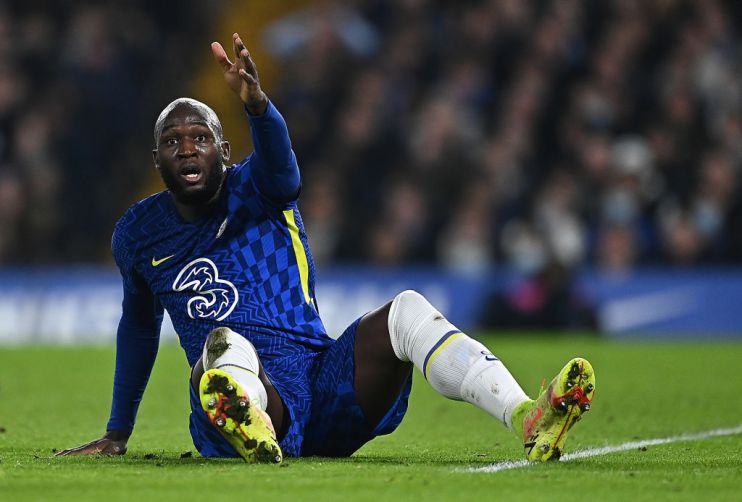Fit and proper? Time for a regulator to fix football’s broken market

The word unprecedented is thrown around a lot, and often, it’s overdone. But it has to be said that a major Premier League club being pseudo-nationalised due to its Russian owner’s links with a warmongering dictator in eastern Europe is not something we remember happening all that often. In the immediate term, it is not quite clear how Chelsea remain a functioning concern.
The club’s wage bill is extraordinary; the club’s revenue streams are now effectively non-existent. It is hard to imagine that the government would allow Chelsea to go bust – it is described in yesterday’s statements as a significant cultural asset, which may make fans of other London club’s scoff but is undoubtedly true to thousands of people.
So now what do you do? The government has given itself an effective veto over who the club might be sold to. As a precedent that is distinctly concerning. The club’s sale should be immediately handed over to an independent panel, appointed by government but not answerable to them.
And in the medium-term, Chelsea’s current position is the strongest argument for an independent regulator in football. When one was proposed by Tracey Crouch, the Leeds United CEO described it as akin to Maoism. He may be reflecting on that comment, now football clubs are being nationalised.
Chelsea would not be in their current predicament if a) there had been a functioning owners’ test, or b) there had been provisions on the amount of debt a club could be loaded up with. And whilst to some this seems an imposition on the free market, football is a broken market. A regulator could go some way to fixing it. Sponsors will now no doubt head for the bench. They will have been surprised to learn that Abramovich was associated with Putin; the google search no doubt a bit too much for their teams to manage.
Perhaps those in bed with owners elsewhere in football might consider their positions sooner rather than later.
